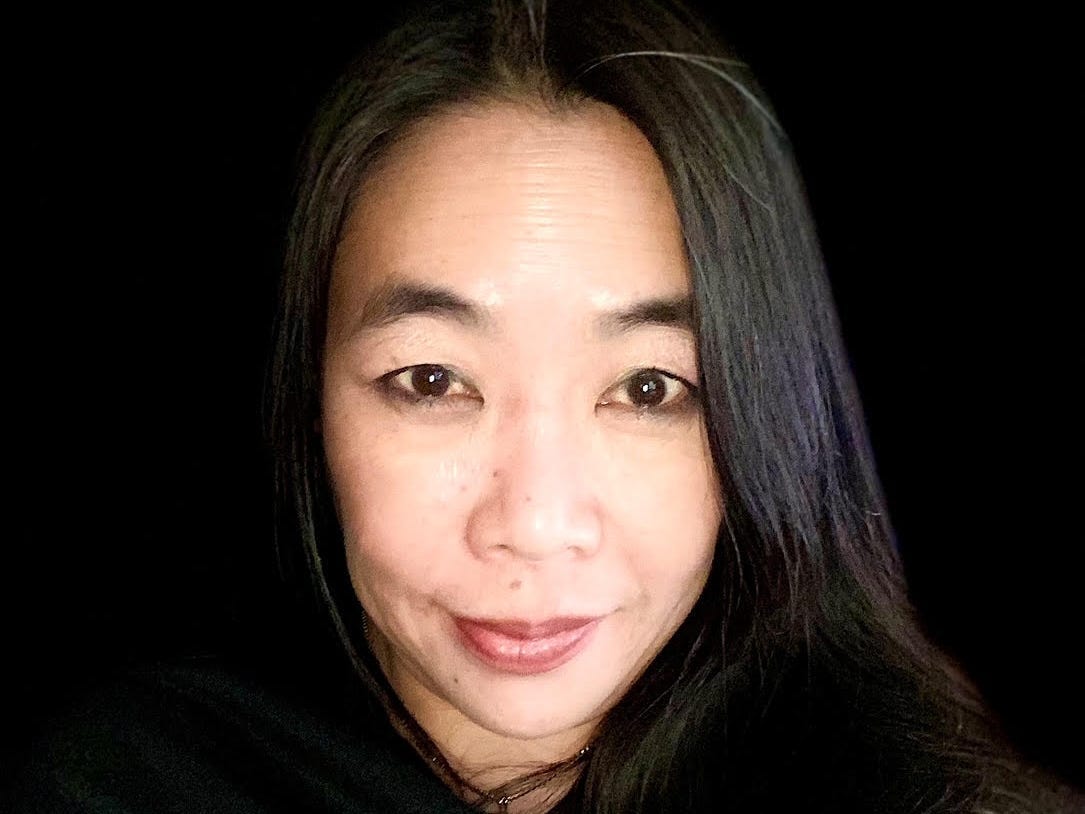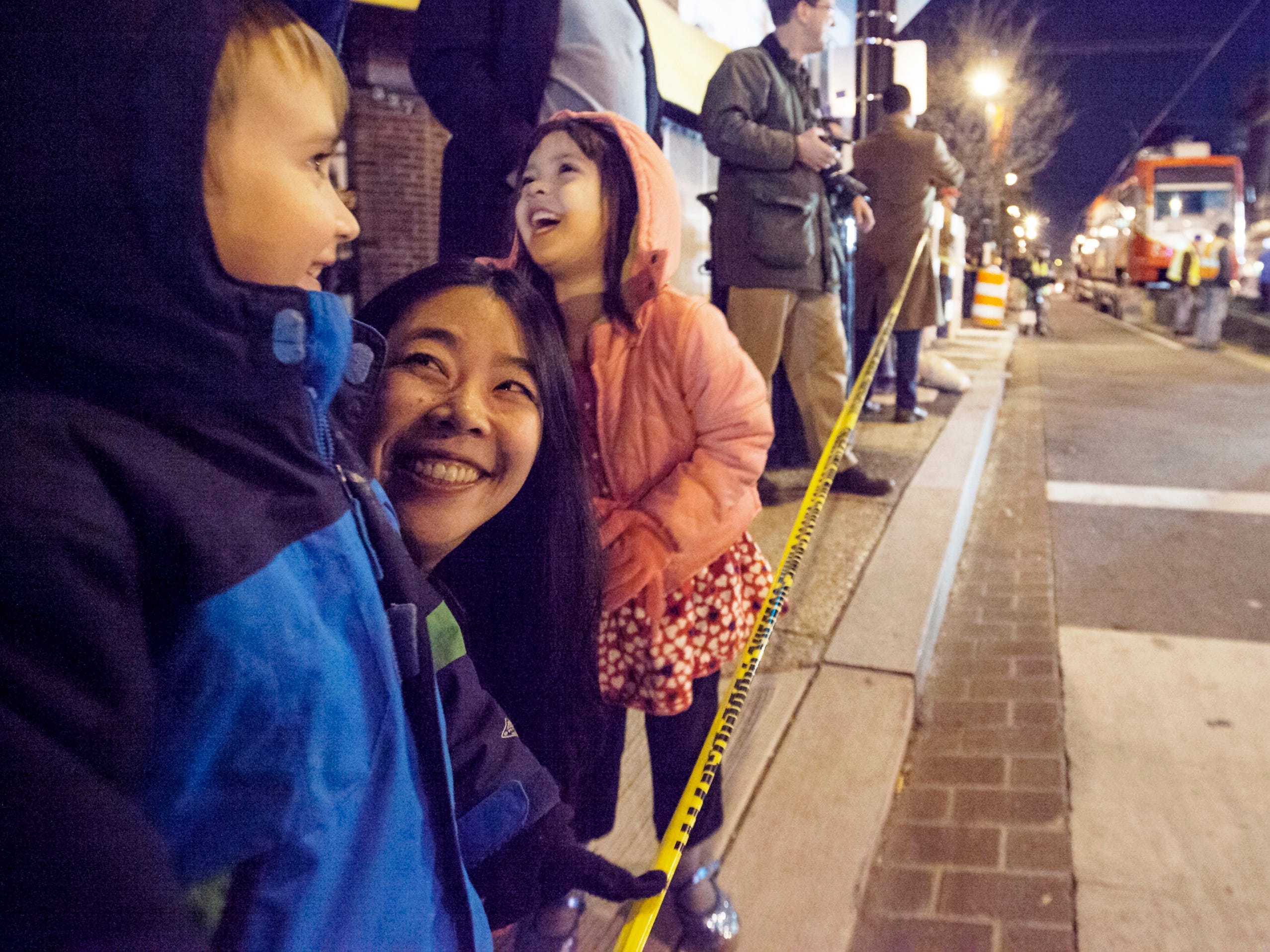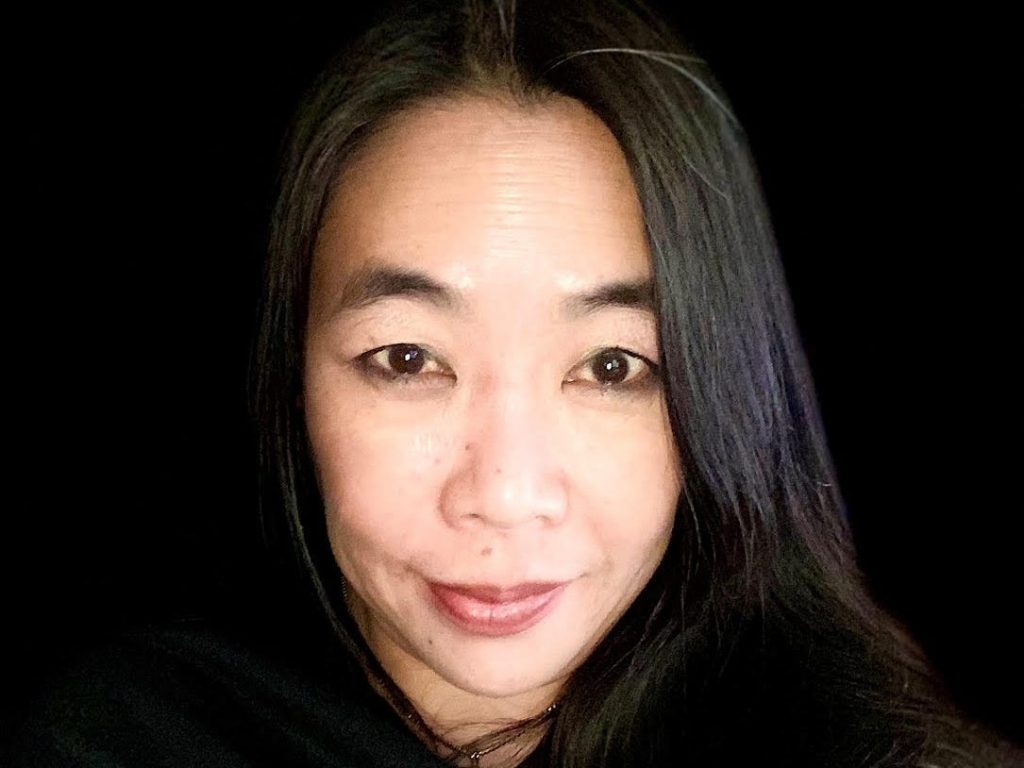
White House
- White House Liaison Erika Moritsugu, appointed a month ago, is advising Biden on AAPI outreach.
- In an exclusive, she said she's addressing racism, sexism, and diversity within the AAPI community.
- Mortisugu's lived experience as an Asian American is also informing her work for Biden and Harris.
- Visit Insider's homepage for more stories.
Erika Moritsugu, the newly appointed deputy assistant to President Joe Biden and Asian American and Pacific Islander (AAPI) Senior Liaison, is using her background as an advocate and in government to help the White House uplift Asian Americans after a year of attacks on the community.
A self-described "fifth-generation Chinese American" and "fourth-generation Japanese American," Moritsugu's past experience includes fighting for the rights of women and AAPI communities, and a stint in the Obama White House.
In an exclusive interview with Insider, Moritsugu discussed plans for her new role assisting President Biden and Vice President Harris with AAPI outreach, how the rise in anti-Asian violence over the past year has affected her personally, and the White House's newly announced Initiative on Asian Americans, Native Hawaiians, and Pacific Islanders (AA and NHPI).
On May 28, President Biden signed an executive order reestablishing the Initiative, which Mortigusu says is the first time a program has explicitly named Native Hawaiians alongside Asian Americans and Pacific Islanders.
The first White House Initiative on Asian Americans and Pacific Islanders was established by the Clinton administration in 1999, and later presidents have each revised it.
Earlier in May, Biden also signed into law the COVID-19 Hate Crimes Act, which aims to help address the rise in anti-Asian hate crimes.
Introducing and reintroducing herself to the AAPI community
Moritsugu is in her sixth week in the role, which was created following weeks of pressure from Democratic Sens. Tammy Duckworth of Illinois and Mazie Hirono of Hawaii over the lack of AAPI representation in President Biden's cabinet and senior-level roles.
Duckworth, a Thai American, and Hirono, who is of Japanese descent, said they would block any of Biden's "non-diversity" nominees because of it, but reversed their stance after Moritsugu's role was announced.
Since her appointment, Mortisugu told Insider she's been spending her first weeks embarking on public speaking engagements, especially as they coincide with AAPI Heritage Month, held annually in May.
"It was a nice time for me to introduce or reintroduce myself to the communities that I'm now charged with lifting up their input, but also making sure that they understand the President's agenda and how impactful it is to them," she told Insider.
An 'intentional focus' on racism, sexism, and diversity in AAPI communities
Mortisugu says she also aims to put an "intentional focus on the intersectionality of racism and sexism" in the Asian American community.
While she didn't name specifics on how the White House would meet those goals, Mortisugu said it includes working in concert with larger race equity efforts from the President and Vice President to find "common cause and a collective power."
Part of that includes the Biden administration's new AA and NHPI Initiative, which Mortisugu says they'd aimed to deliver before the close of AAPI Heritage Month.
"Collectively, AA and NHPI communities constitute the fastest growing ethnic group in the United States, and this is both in honor of the invaluable contributions they've all made to our society, our economy, and our culture, but also recognizing the challenges and the hard work that needs to go forward," she said.
The initiative will be led by Krystal Ka'ai, executive director of the Congressional Asian Pacific American Caucus, and housed within the Department of Health and Human Services.
Mortisugu said the program would benefit from HHS Secretary Xavier Becerra's leadership, and described him as a champion for Asian Americans since he served as Attorney General of California, home to the country's largest Asian American population.
The AA and NHPI initiative also includes a new emphasis on climate environmental justice and a push for civic engagement, Moritsugu told Insider.
Indeed, Census data shows Asian Americans were the fastest growing group of eligible voters over the past two decades, and voter turnout among AAPIs surged last year.
In addition to the initiative, Moritsugu says she's also focused on addressing the differences among the varied racial and ethnic groups that make up the Asian American community, though didn't detail more specific plans to Insider.
Advocates have long held that the experiences of more affluent East Asian and Indian Americans overshadow the struggles of Southeast Asians of Cambodian and Hmong descent, for example.
"The health disparities, the negative social determinants of health, get invisibilized when you rack everything up and you look at the Asian American Native Hawaiian and Pacific Islander communities as a whole, without recognizing what makes up that whole," she said.
It's a recognition Moritsugu also acknowledges firsthand, saying her own experience is different from "first-generation folks who do not present as East Asian."
Former President Trump's 'bully pulpit' endangered Asian Americans

Eva Russo for The Washington Post via Getty Images
Moritsugu's appointment also comes at a time when the Asian American community has experienced a rise in anti-Asian violence and hate crimes over the past year.
Attacks like the March shooting in Atlanta, which claimed the lives of six women of Asian descent, have created even more fear and uncertainty within the AAPI community - especially among Asian American women.
"I look at the intersection between misogyny and racism that is really reinforcing of the history of this kind of hate in our country that's as old as the founding of our nation," Moritsugu said.
Former President Trump's use of his "bully pulpit" to characterize "the source of the virus in such hateful and irresponsible terms," allowed the AAPI community to be demonized, Moritsugu told Insider.
And though the increase in physical attacks on AAPIs and visceral depictions of them finally brought anti-Asian racism to the attention of policymakers, Moritsugu says that for Asian Americans, they simply reinforce the pain and suffering they've endured long before the pandemic.
And for Moritsugu, as an Asian American, the impact has been personally taxing.
"It's kind of existentially burdensome and exhausting because we were physically at threat," she said. "I don't walk out on the street with my children. They're biracial, and they look very Asian when they're with me. I don't want to put them at risk for being close to me."
Knowing the myriad challenges facing the AAPI community ahead, Moritsugu says she's excited for what her White House role represents - especially as a younger generation of Asian Americans is coming of age and becoming more politically active.
"This could be the moment that we look back on, that was the civil rights moment in history where there was a turnaround," she said.
"It's a moment where I get to bring the input from the community that I come from, and my own lived experience, and my adjacent experience being in coalition with other communities of color."
